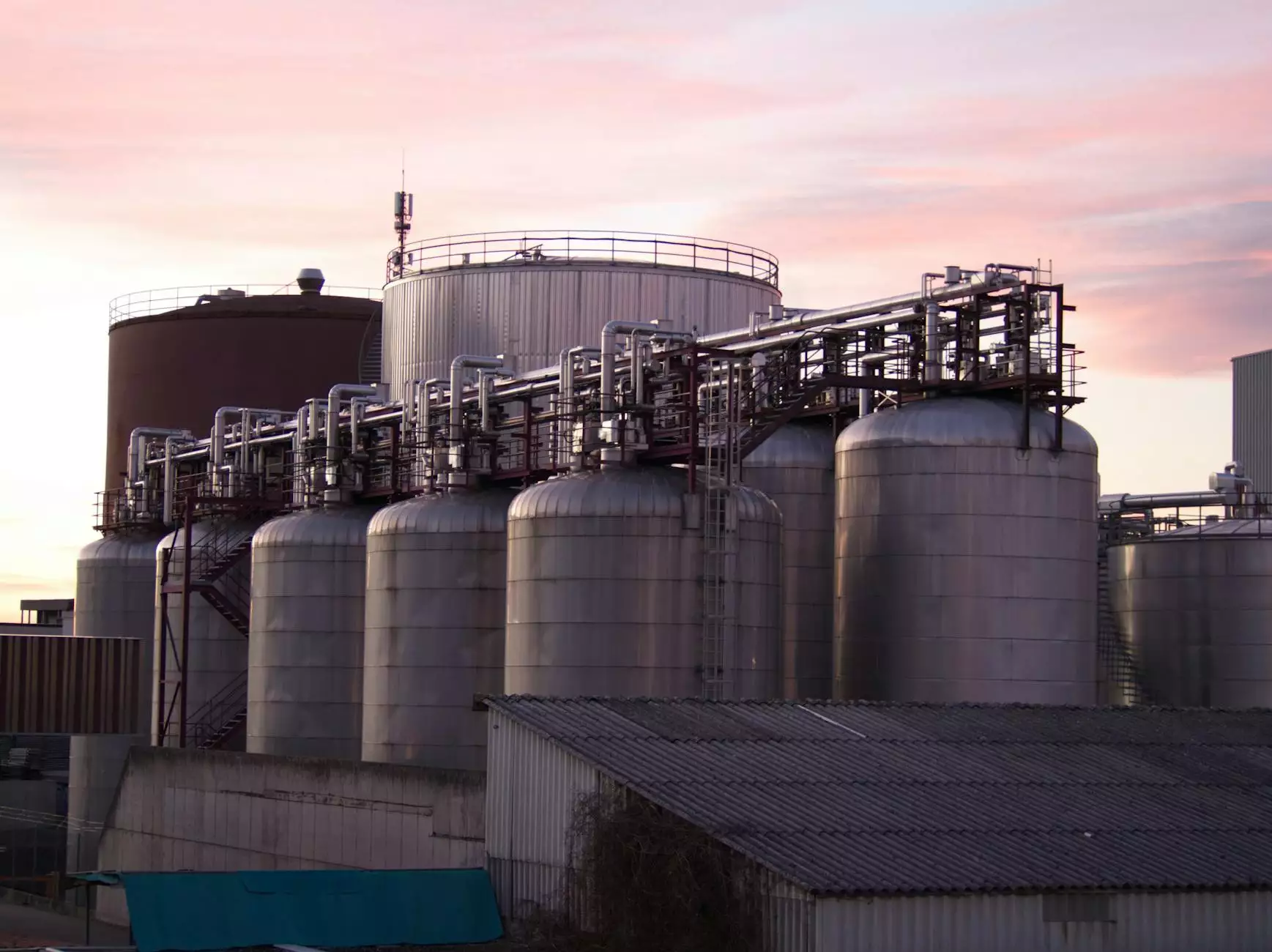The Intriguing Universe of "Degvielas Tvertnes" in Latvian

The Essence of "Degvielas Tvertnes"
When diving into the realm of business operations in Latvia, one encounters the term "degvielas tvertnes". These components play a crucial role in facilitating various industries, including the Restaurants sector, by ensuring a seamless flow of fuel for vehicles and equipment.
Types and Functions
There are several types of degvielas tvertnes available to cater to diverse needs. From underground storage units to above-ground tanks, each serves a specific purpose in the efficient storage and distribution of fuel. These tanks are designed to maintain the integrity of the fuel and prevent any leaks or contamination.
Benefits of "Degvielas Tvertnes" for Businesses
The utilization of degvielas tvertnes offers numerous advantages to businesses operating in Latvia. One significant benefit is the ability to store fuel in a safe and environmentally friendly manner, complying with strict regulations and standards. This ensures the smooth functioning of operations without any disruptions due to fuel shortages.
Enhancing Operational Efficiency
Businesses, especially those in the Restaurants industry, rely heavily on a steady supply of fuel to power their vehicles and machinery. By investing in high-quality degvielas tvertnes, these establishments can enhance their operational efficiency and maintain a competitive edge in the market.
Choosing the Right Solution
When selecting degvielas tvertnes for a business, it is essential to consider various factors such as capacity, material, and installation requirements. Working closely with reputable suppliers and professionals ensures that the chosen tank meets the specific needs of the business and complies with all regulations.
Conclusion
In conclusion, degvielas tvertnes play a vital role in supporting the business landscape in Latvia, particularly in sectors like Restaurants. By understanding the significance and benefits of these tanks, businesses can make informed decisions to optimize their fuel storage and distribution processes for enhanced efficiency and productivity.









